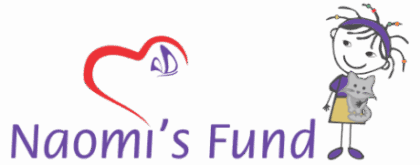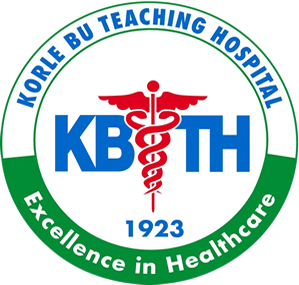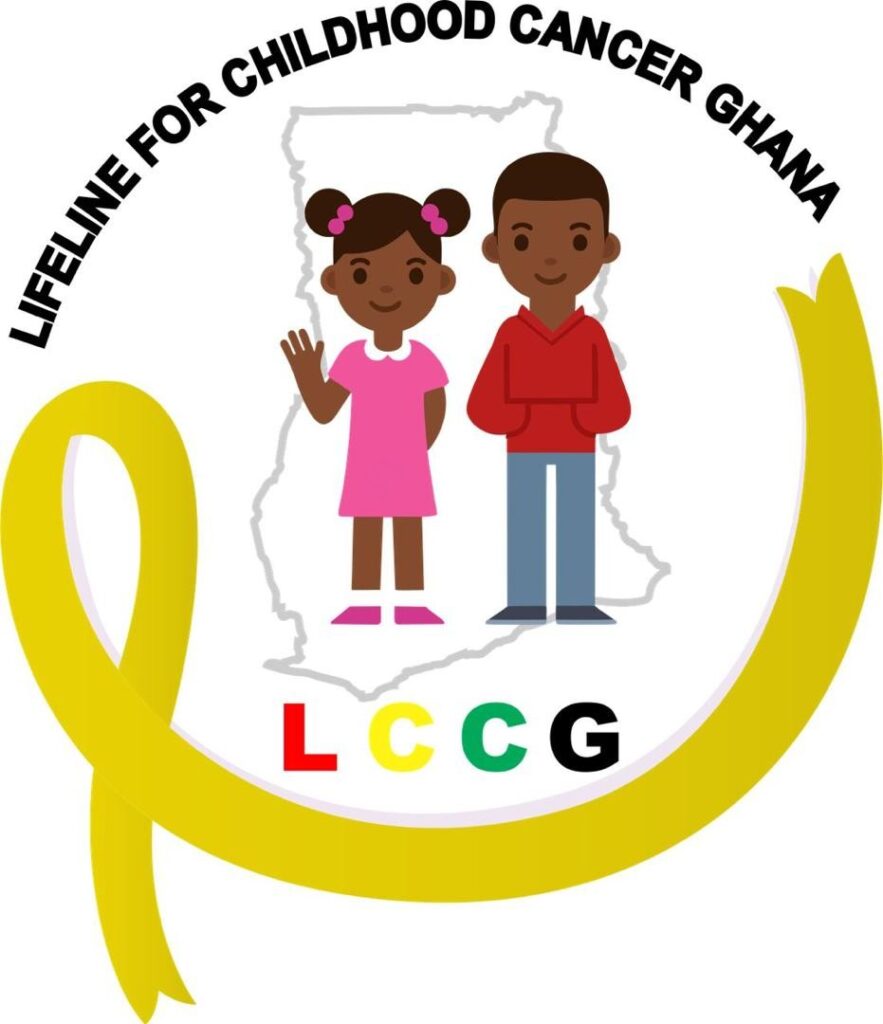“No child should suffer more pain than the cancer itself.”
— Professor Lorna Renner, Head of Pediatric Oncology Unit, Korle Bu Teaching Hospital (KBTH)
Our current campaign will provide PICC Lines for children receiving treatment at Korle Bu Teaching Hospital, Accra Ghana. TARGET: $5700 for 10 units. This cost covers the medical device and hospital costs.
The Need
For most children in Ghana undergoing chemotherapy, treatment begins with repeated trauma. Without access to PICC Lines, hospital visits can mean painful cannula insertions into fragile veins. A temporary solution.
“When you enter the pediatric cancer ward, you have to pass the procedure room. For hours, you hear children screaming as nurses search for veins. Veins get damaged, children are left bedridden, and sometimes — in desperation in one case a vein on the side of the child’s head was used.”
A five-year-old boy was screaming as nurses tried again and again to find a vein. They told him to calm down. His response: “If you knew how much this hurt, you wouldn’t think I could calm down.’”
— Executive Director, Aku Sarpong, Lifeline For Children Cancer Ghana (LCCG)
A Simple Solution
A PICC Line changes everything. Instead of repeated needle sticks, children have a single, safe, gentle access point for chemotherapy and blood work.
What this means for a child with cancer:
- Protects fragile veins from damage
- Reduces pain and trauma of endless pokes
- Helps children stay mobile and stronger during treatment
- Lets children be children — to play, laugh, and keep living while they heal
“With a port, my child could run and play again between treatments. It gave us our lives back.”
— Parent of a patient, Korle Bu Teaching Hospital
Our Partners In Ghana
The Pediatric Oncology Unit (POU) at Korle Bu Teaching Hospital, admits 260–280 new childhood cancer cases every year. With 26 inpatient beds, 8 daycare beds, and an outreach nursing team, it is Ghana’s leading center for pediatric cancer care.
Lifeline for Childhood Cancer Ghana (LCCG) is committed to bridging disparities in treatment and giving every child a chance at safe, dignified care.
Together we can end unnecessary suffering of young cancer patients in Ghana.


